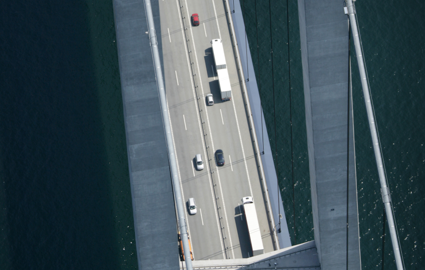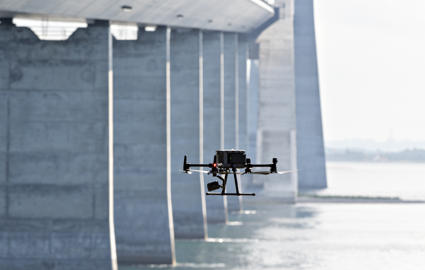
Sustainability
We are mindful of our responsibility
As one of Denmark’s major infrastructure managers, we have certain obligations. Sund & Bælt is acutely aware of its social responsibility and wishes to contribute to social, environmental and economic sustainability.
Our sustainability strategy
Sund & Bælt's sustainability strategy sets the framework for how we work holistically and obligingly with our contribution to the green transition.
The sustainability strategy includes work for the climate and environment, a safe and developing working environment as well as sustainable management today and in the future.
The strategy contains nine strategic priorities and main goals, each of which is supported by a number of concrete initiatives.
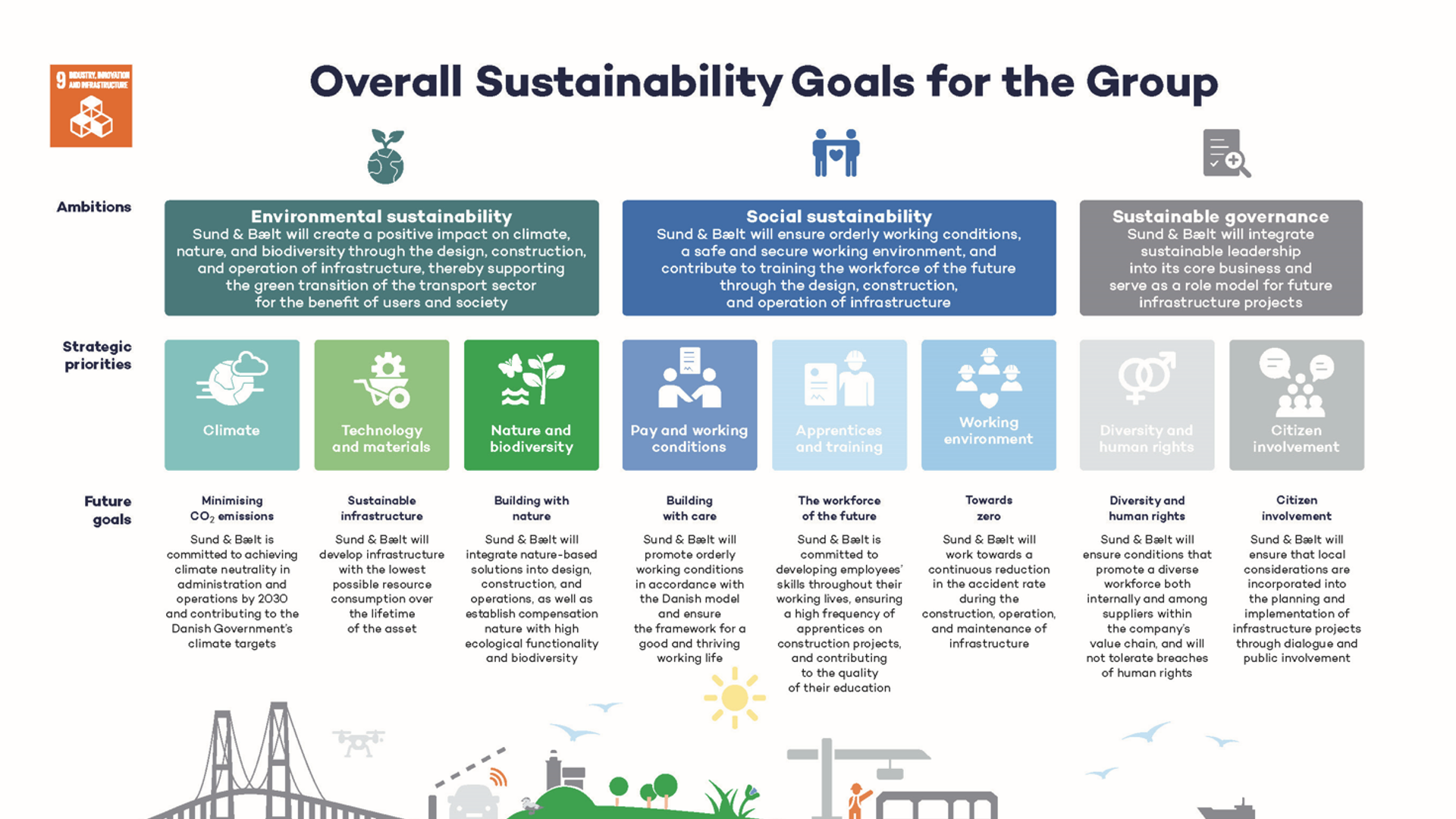
Environmental and climate responsibility
We are mindful of our responsibility for the environmental and climate impacts that are caused by our overall activities. This includes the construction and operational phases of our facilities and their surroundings.
Social responsibility
We strive for a healthy and safe working environment which meets all Danish agreements and conditions. Sund & Bælt also wishes to be part of an inclusive labour market that develops people and raises professional standards.
Economic responsibility
Our links are financed through the so-called state guarantee model, whereby the state underwrites our loans. The state guarantee model enables us to deliver the fixed links at no cost to the taxpayer.
Part of the UN Global Compact
In 2009, Sund & Bælt joined the UN Global Compact, which is the world's largest voluntary initiative for sustainable companies with the aim of seeking a community for companies that take their responsibilities seriously. For more than a decade, Sund & Bælt has committed itself to working with the Global Compact's ten principles and reports annually on the company's progress in sustainability to the UN. Sund & Bælt therefore also refers to the UN's world goals in the company's reporting on sustainability.
Sund & Bælt is of the conviction that it is important to set ambitious goals in order to be able to raise the sustainability agenda, and that this can only happen in collaboration with others.
Sund & Bælt's policy for sustainability sets the framework for the holding company's work with sustainability and it forms the basis for all the company's projects and ambitions in relation to sustainability.
The ten Global Compact principles
The ten Global Compact principles
- The company should support and respect the protection of internationally proclaimed human rights;
- The company should ensure that they are not complicit in human rights abuses;
- The company should uphold the freedom of association and the effective recognition of the right to collective bargaining;
- The company should support the elimination of all forms of forced and compulsory labour;
- The company should support the effective abolition of child labour;
- The company should eliminate discrimination in respect of employment and occupation;
- The company should support a precautionary approach to environmental challenges;
- The company should undertake initiatives to promote greater environmental responsibility
- The company should encourage the development and diffusion of environmentally friendly technologies;
- The company should work against corruption in all its forms, including extortion and bribery.
A sustainable business model
To ensure that Sund & Bælt's high level of ambition for sustainability is met, the company works transparently and systematically with social responsibility in the form of environmental and social sustainability as well as sustainable corporate governance. Sund & Bælt has therefore developed a business model for sustainability, which forms the overall structure and principles for how the company works with sustainability.
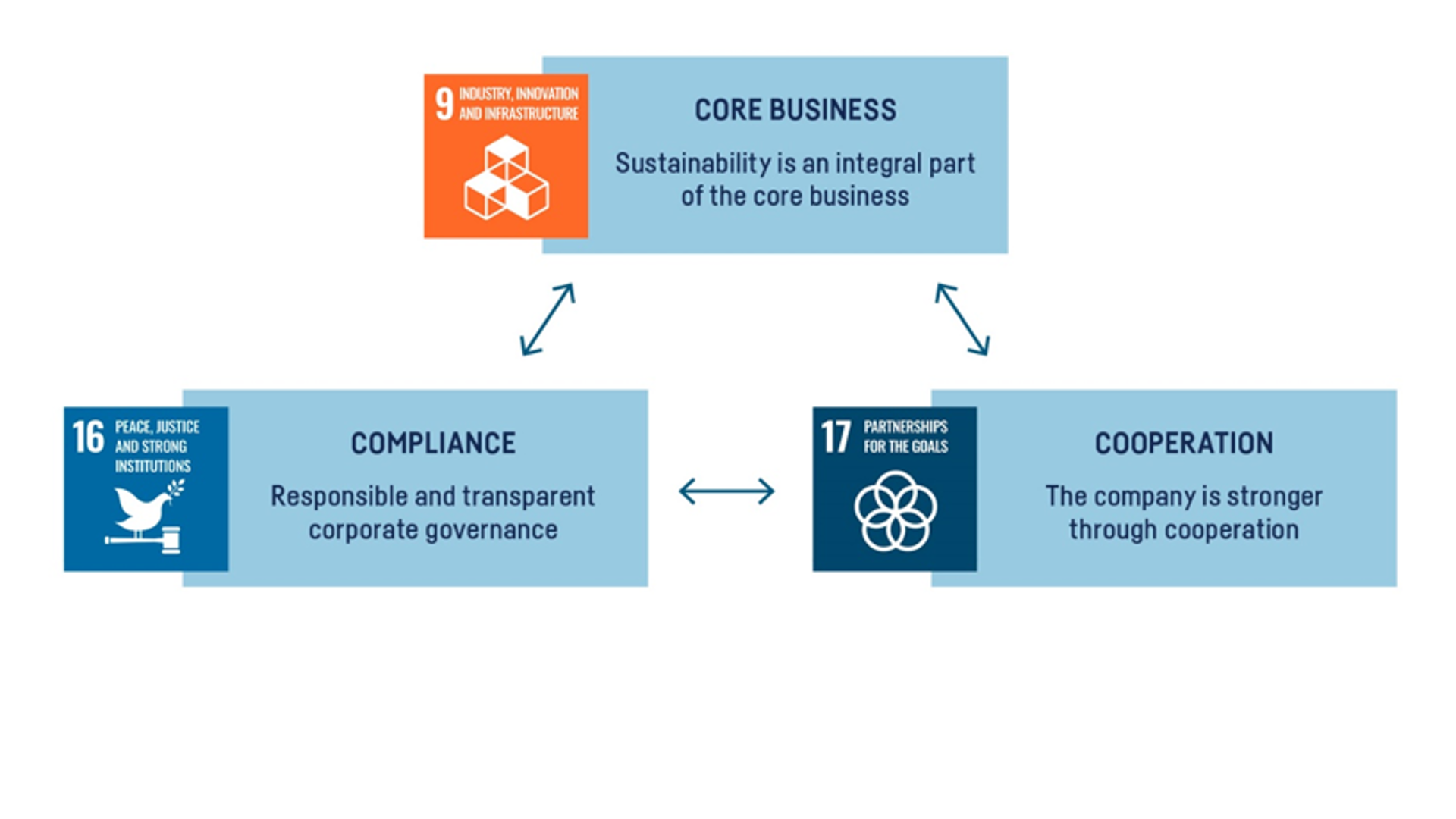
Watch movie about nature restoration and biodiversity
Sustainability goals are crucial
Based on Sund & Bælt's core business, ten strategic priorities have been selected within environmental and social sustainability and sustainable corporate governance, which the company will work with throughout the value chain.
The prioritisation has taken place on the basis of the UN's world goals.
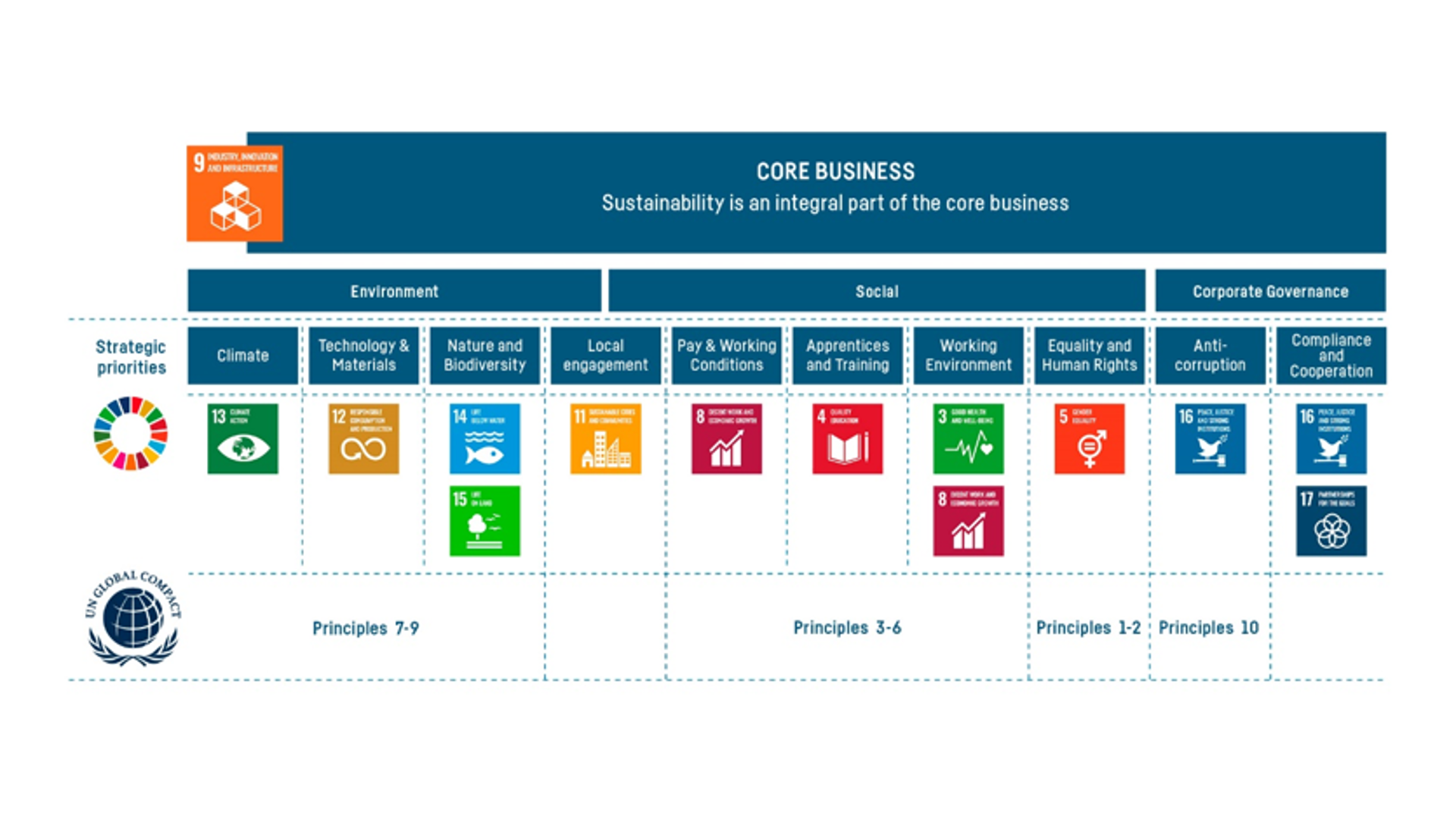
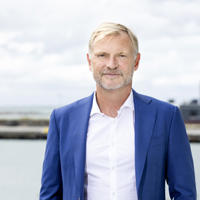
"Our ambition is that everything we do must be done as sustainably as possible. We are mindful of our responsibility."
Mikkel Hemmingsen, CEO, Sund & Bælt
The value chain supports sustainability
Sund & Bælt is responsible for some of the largest infrastructure links in Denmark - throughout the value chain - from planning and analysis, design, to construction and operation and maintenance. In addition, the financing of these infrastructure links is user-paid. Sund & Bælt is also responsible for Brobizz, which handles user payments on Danish toll roads.
Sund & Bælt is responsible for the entire value chain in investing in sustainable, reliable and robust infrastructure of high quality, and it is these elements that together make up the company's core business. In addition, the size of the company's projects means that Sund & Bælt has a special responsibility to help raise the level in the construction industry in a more sustainable direction.
Projects have their own strategies and goals
All underlying projects and operational activities at Sund & Bælt must prepare strategies within these areas to the extent that it makes sense for the individual project's specific core objectives.
In addition, the individual projects and operational activities may have a special need to include other world goals in their strategy work. Within the company's selected strategic priorities, there are therefore similar strategies for sustainability, which the company's projects and operating activities independently prepare.


